Stories by Topic
Science is woven into almost every corner of our lives—sometimes to the point that we stop even seeing it. Whether you are curious about the history of health and medicine, the science of food, who does science and where science happens, the environment and sustainability, the history and science of minerals, or early science and alchemy, we have articles, podcasts, videos, oral histories, books, and objects you can explore. Select a topic below to get started!

Where There’s Smoke, There’s Fire
Sparked by America’s 250th birthday celebration, you can learn all about the history of fireworks, the inventor of dynamite, the first paper match folder, and other fiery innovations and technologies.
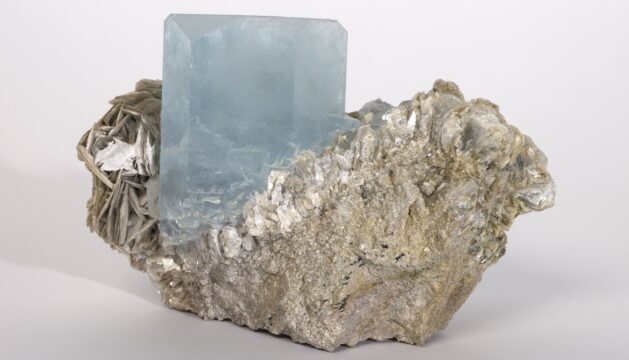
The History and Science of Minerals
Minerals have provided humans with essential raw materials for centuries.
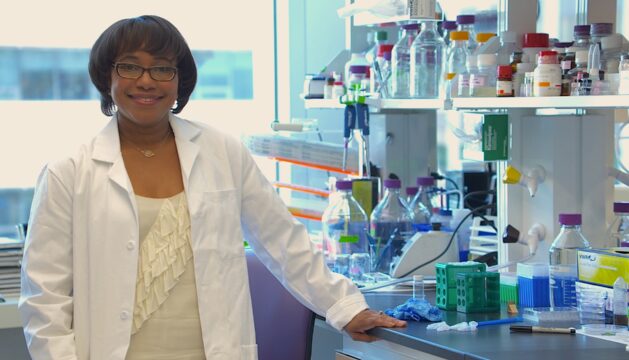
Women Do Science, Too
Wrinkle-free cotton? A woman developed that. CRISPR? Also a woman. The creation of the first state-level water quality standards in the United States? You guessed it: a woman was behind that too. Although women have often faced barriers to participating in science—even sometimes seeing their contributions credited to men—science is definitely women’s work.
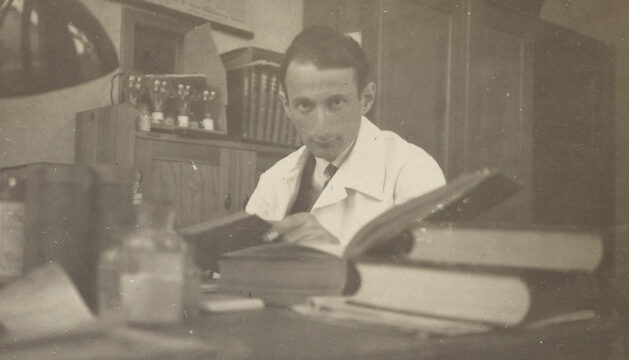
The Human Side of Science
Who does science? Science is a human endeavor, and scientific and technological knowledge—what we know about the natural and material world—is created through the work of many people.
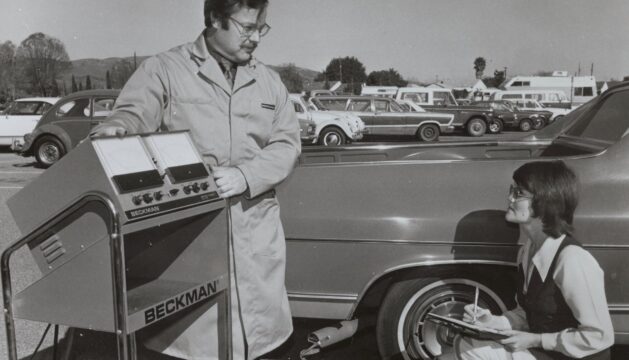
Where Science Happens
Where does science happen? It happens in field sites, factories, workshops, kitchens, and classrooms—not just in laboratories. And in all these places, science gets done by people using complex laboratory instruments, hand-made apparatuses, and sometimes, just their senses.
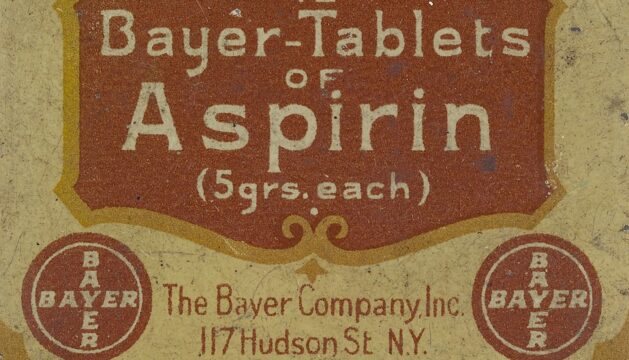
The Science of Sickness & Health
Medicine is where science intersects most directly with our bodies. From leeches to vaccines, germ theory to gene therapy, the ways we think about health and healing are shaped by how we observe—and seek to manipulate—the natural and material world.
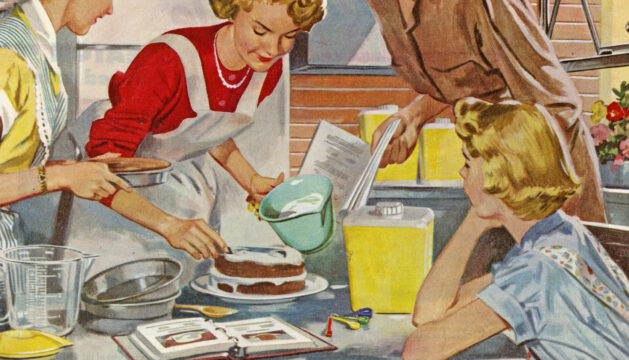
The Science on Your Plate
Nearly everything we eat has been shaped by science in some way. Biotechnology began with beer, canning (eventually) conquered contamination, and plastics preserved fresh food in new ways. From the science of flavor to the color of margarine, you’re tasting science with every bite.
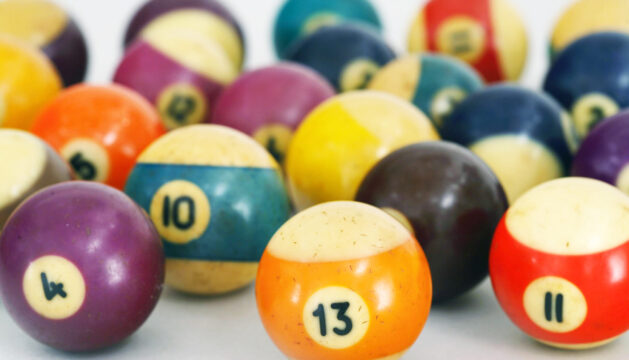
The Science of Stuff
Science shapes the world around us, sometimes in surprising ways. From clothes that stretch with your movements to the phone in your pocket, science is embedded in the stuff of everyday life.
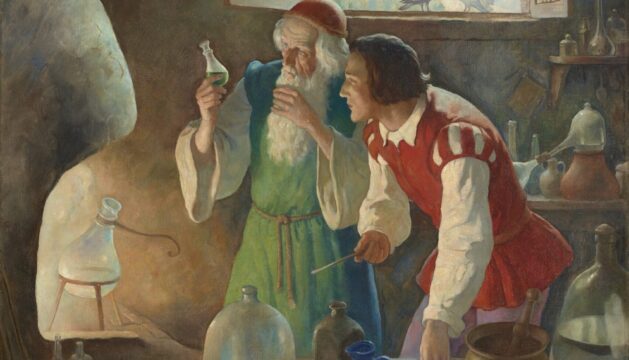
Alchemists & Early Scientists
Before there was chemistry, there was chymistry, and before there was chymistry, there was alchemy—all part of a long human history of curiosity, experimentation, and discovery about the natural and material world.
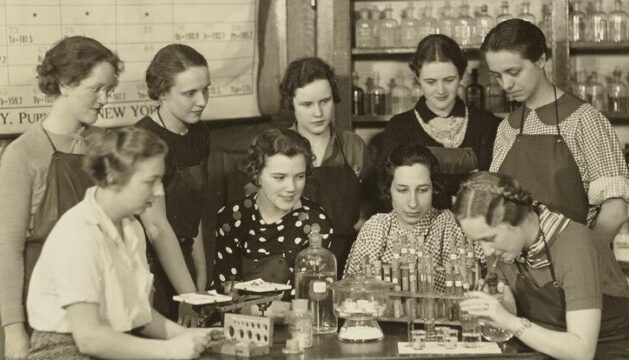
Learning Science
How should we teach and learn about science? From chemistry sets and comics, to educational board games and TV programs, we often turn to play when it’s time to learn.
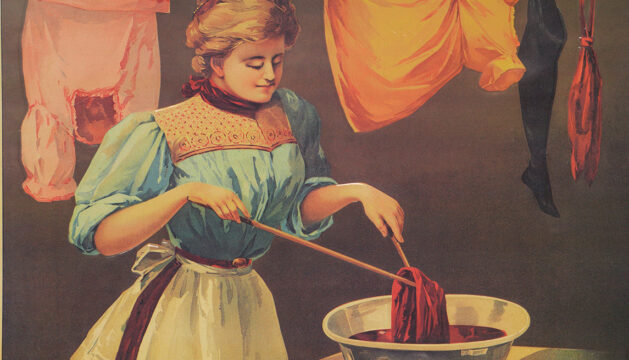
The History of Color
For thousands of years, we’ve colored our clothes, our bodies, and our environments to express our culture, our beliefs, and our traditions.
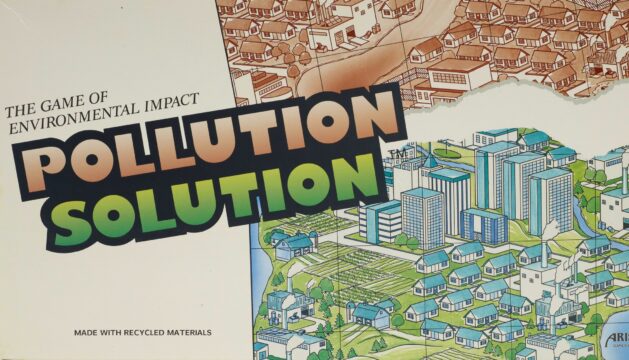
Environmental Matters
Everything has a history, including the air we breathe, the water we drink, and the environments we inhabit—as well as the ways we think about, understand, and confront waste, pollution, and climate change.
